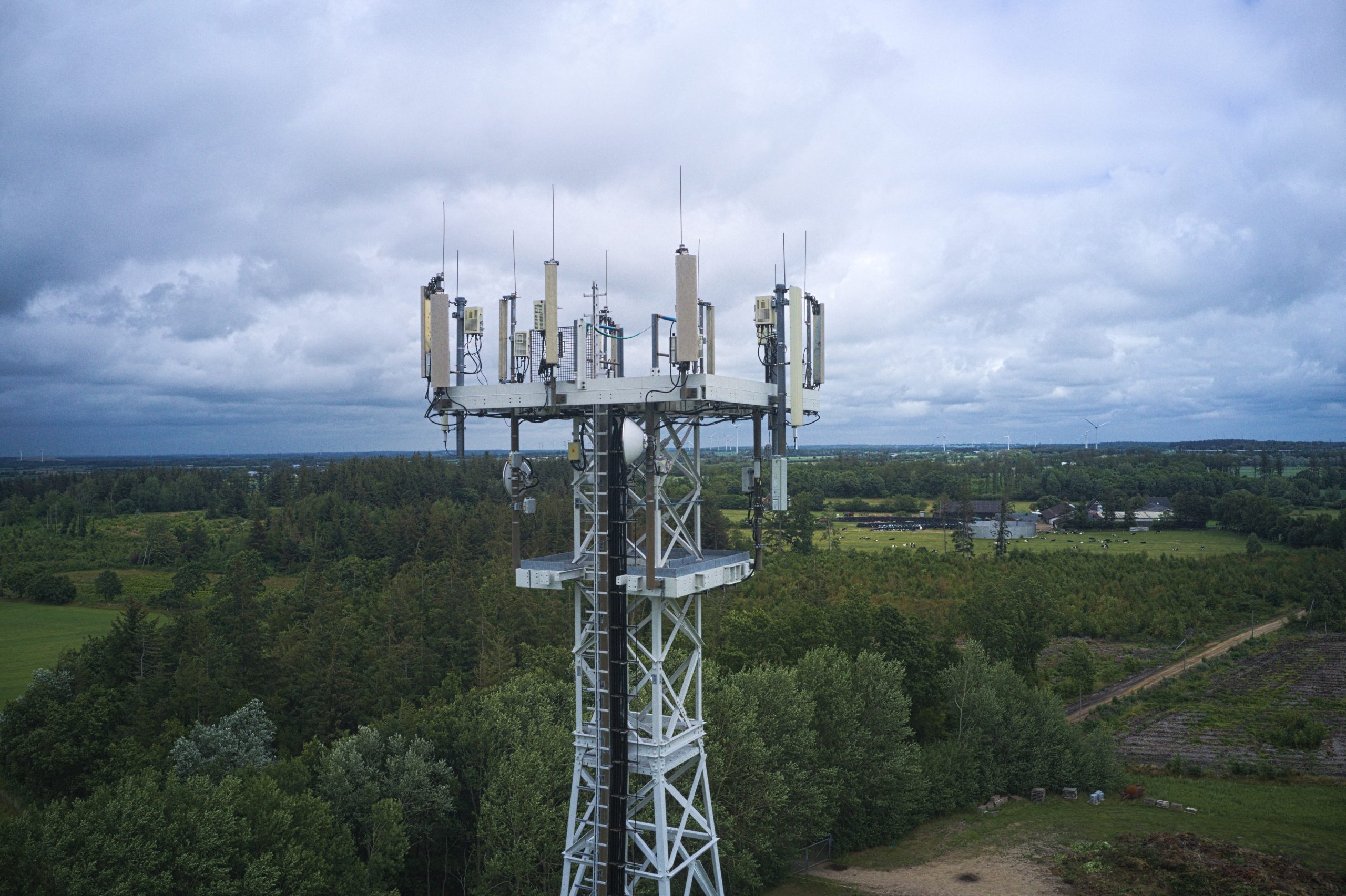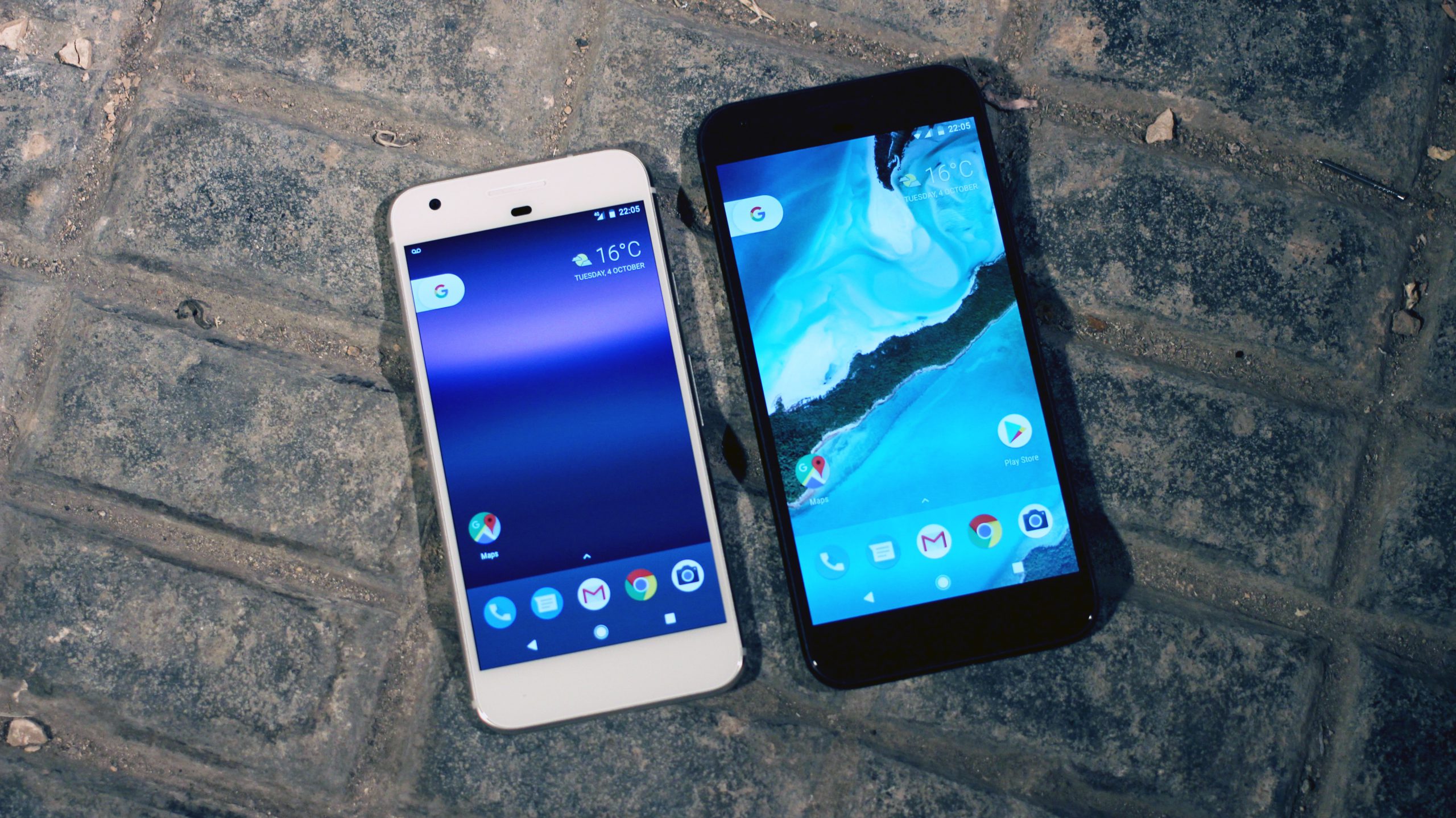Faster than your laptop dying on 2% power, Wikipedia’s AI experiment crashed and burned spectacularly. The Wikimedia Foundation launched AI-generated article summaries on June 2nd, killing them by June 11th after their volunteer editor community torched the idea.
The Great Wikipedia AI Meltdown
Automatically generated summaries were supposed to make Wikipedia more accessible. Powered by Cohere’s Aya model, these summaries came with yellow “unverified” labels like those sketchy “As Seen on TV” disclaimers that make you immediately suspicious.
Mobile users who opted in—roughly 10% of Wikipedia’s massive readership—were the guinea pigs for this experiment. Think of it like having ChatGPT give you the CliffsNotes version of quantum physics, which sounds helpful until you realize it might confidently explain that electrons have feelings.
Why Editors Hit the Panic Button
The backlash wasn’t just knee-jerk technophobia. These editors understand something crucial that Silicon Valley keeps forgetting: Wikipedia’s credibility is its entire brand. You don’t trust Wikipedia because it’s flashy—you trust it because thousands of volunteers obsessively fact-check every claim like helicopter parents monitoring their teenager’s TikTok.
AI hallucinations were the biggest fear. While your search engine might survive serving up creative fiction about celebrities, Wikipedia can’t afford to confidently state that Napoleon invented the microwave or that photosynthesis runs on Wi-Fi signals.
Reliability has always been Wikipedia’s superpower—the boring, dependable source that settles bar arguments instead of starting them. When Google’s AI Overview told users to eat rocks and put glue on pizza, people laughed it off. If Wikipedia did the same thing, trust would evaporate faster than your phone battery during a Netflix binge.
Ultimately, this experiment’s death reveals something important about AI integration: community buy-in matters more than the technical capabilities of these AI tools. Wikipedia isn’t just another tech platform—it’s a collaborative project where trust between editors and leadership determines everything.
Trust between editors and leadership determines everything in Wikipedia’s collaborative ecosystem. Sure, it might be more efficient, but you’ve lost what made the place special in the first place.
Communication is what the Wikimedia Foundation promises to improve for future AI experiments. Smart move—because in crowd-sourced knowledge spaces, your community revolt can kill your innovation faster than a dropped phone kills your weekend plans.






























